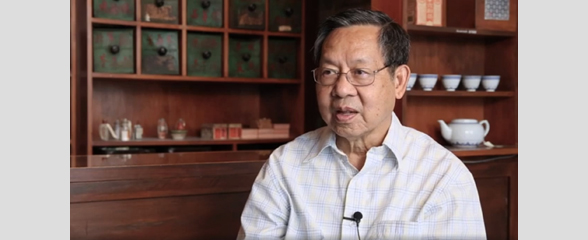 | Tony Chiu discusses his life in America and how he grew his professional career as a research chemist. Chiu dedicated his adolescence and young adult years to his studies because he had no other choice but to study in order to become successful. Chiu discusses the hardships he had to face as a Chinese immigrant in the United States. English not being his first language prevented him from studying what he wanted to. His choice of chemistry was a result of necessity rather than choice. Chiu talks about his marriage with his wife, who was also hardworking and career driven. In this interview, Chiu explains how he co-parented with his wife and how they raised their children to be hard workers without pressuring them to succeed. | 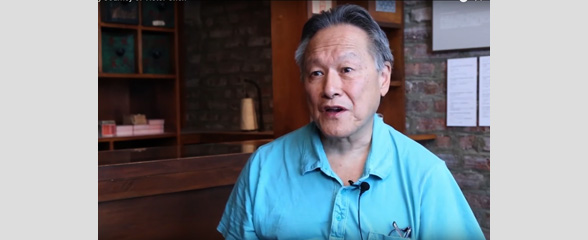 | Victor Chen is a writer. In this interview, he discusses how his family came to America and settled in New York in 1949; his education on the Upper West Side, in boarding school, and at university; and his work at The New Yorker in the 1970s. He also mentions his books, which tell how he has been led to believe in a number of fictions and myths in history. (His doctor says that the shakiness of his body in this interview may be a side effect of his medication.) | 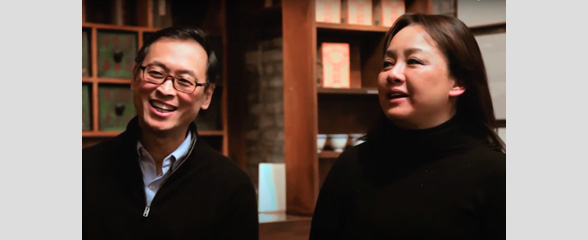 | In this interview, Tina and John Yuan share the journey of their families from China to Taiwan, where they were born, to the US, where they met and built their own family. They mention their parents’ experiences in China, their early childhood in Taiwan, culture shocks when migrating to the US during the 1970s, adolescent school years, the encounters of Chinese communities, and fostering their son as a Chinese American. | 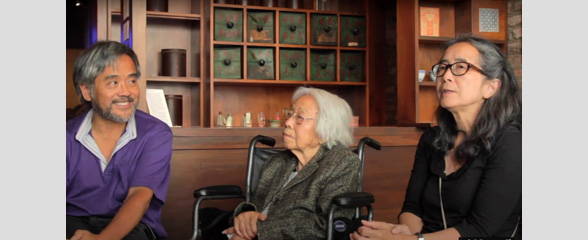 | In this interview, Wong family representatives, David, Nancy, and their mother discuss their early lives in Colorado, the story of their journey to California and LA, and their lives in San Francisco. They remark on their education and their experience working and helping at the family grocery store. They discuss family history, specifically about paper sons. This interview was conducted in English with few conversations in Toishanese. | 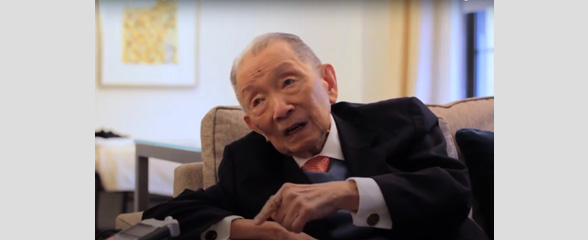 | Washington SyCip recounts his experience enlisting in the US military during World War II. He goes on to talk about incarceration of his father during the Japanese occupation and how he helped his father rebuild after the war. He goes on to talk about how he began to establish his own accounting firm and finally discusses his home life in the US and Manilla. His son George also chimes in to discuss incidents of discrimination growing up and in the business world. | 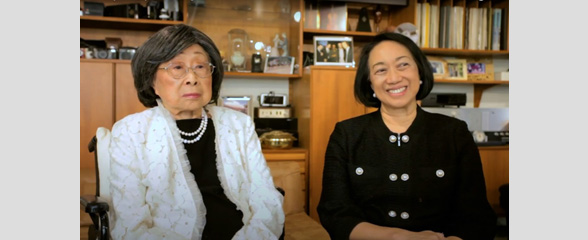 | Eva Lam (daughter of Sau Wing and Jean) talks about her parents life in Shanghai before immigrating to the US. She discusses her experience growing up during the Vietnam War and experiencing racism. Music is a major theme throughout this interview, since her father was a violinist as well as a collector. She recounts the love of music that she shares with her family and talks about her father’s violin collection. | 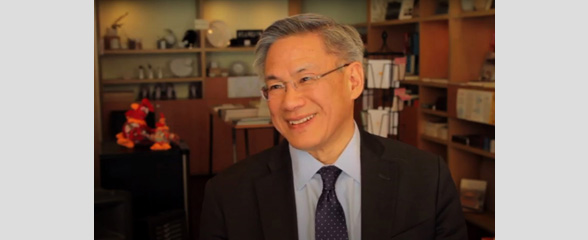 | Lawyer Glenn Lau-Kee, Attorney at Kee & Lau-Kee, and MOCA’s Sixth Annual Celebration of Community Heroes honoree, talks about his life growing up in New York. He discusses the history of Kee and Lau-Kee, which was founded by his father in 1956 and is one of Chinatown’s oldest law firms. He reminisces about being sent to boarding school as a child and going to Yale to study law. He goes on to talk about the changing Chinese American community in New York; specifically discussing the role of Manhattan’s Chinatown. He ends by discussing his hope of more Asian Americans working as public officials. | 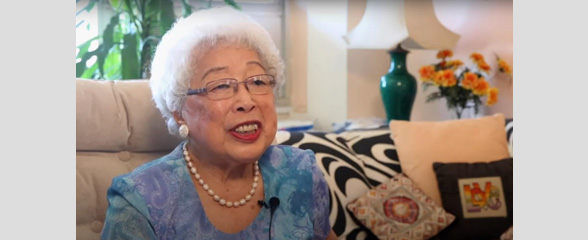 | Betty Lee Sung, MOCA Fourth Annual Celebration of Community Heroes Honoree, is an activist, author, and professor emeritus of City University of New York (CUNY). As a scholar of Asian American studies, her several publications on Asian American race issues have been recognized as an influential force in advancing the rights of Asian Americans and immigrants in the United States. Sung holds an honorary doctorate from the State University of New York Old Westbury. In the interview, she talked about her childhood, her school and education, family, career, her publication, and creation of the CUNY Asian American and Asian Research Institute (AAARI). | 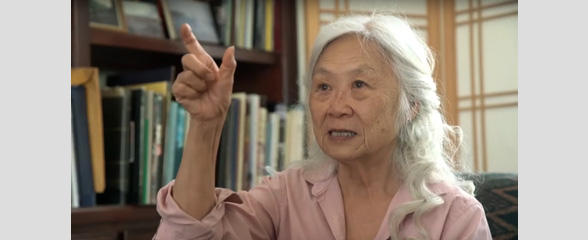 | Maxine Hong Kingston born on October 27, 1940, is an award-winning author and poet, noted for her novels and non-fiction writing concerning the Chinese American experience. Her work blends elements of her cultural heritage and folklore, and often comments on issues of gender, ethnicity, and oppression. In this interview, Maxine discusses her family, her childhood, her education, and her achievement as author and being a Chinese American. She reflects on the legacy that she leaves to her granddaughter. |  | Thomas C. Ahn is the current vice president of the Real Estate Division of Mount Sinai Hospital. He received MOCA 2018 Legacy Gala Award for his participation in the construction of the Central Street side of the museum, his service as a board member, and plenty of contributions to the community. In this interview Mr. Ahn discusses his childhood raising by a single mother, assimilation into American society, careers in gymnastics, engineering, construction, and real estate, and his participation and contributions to MOCA and the Chinese American community. |









